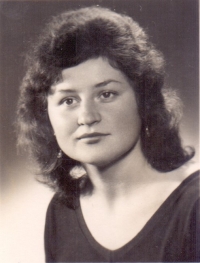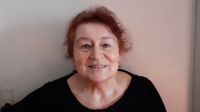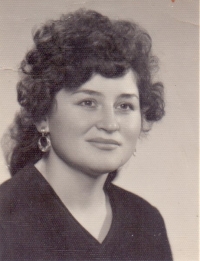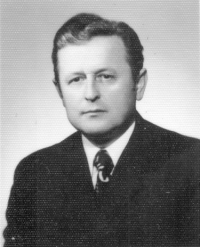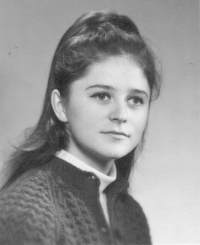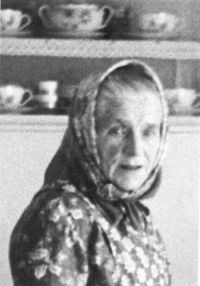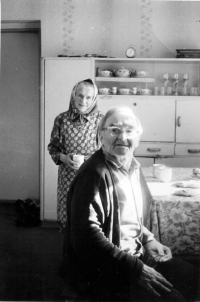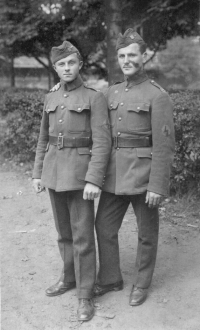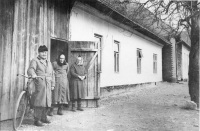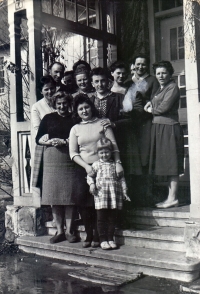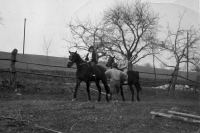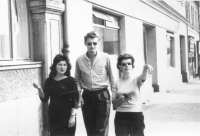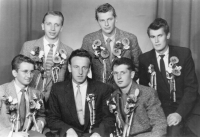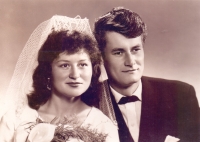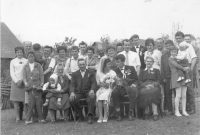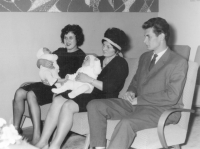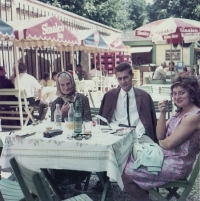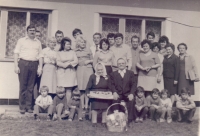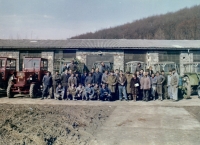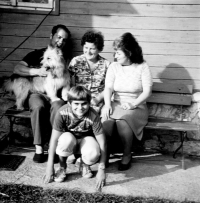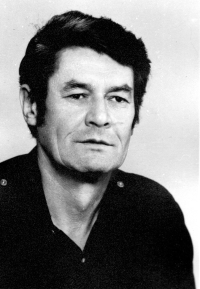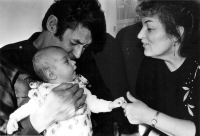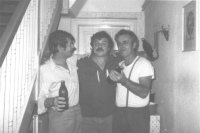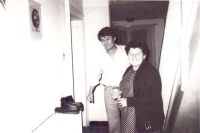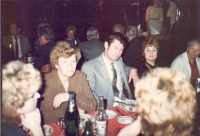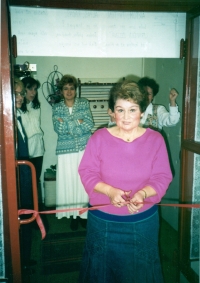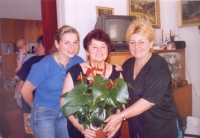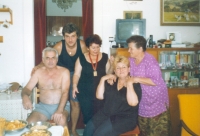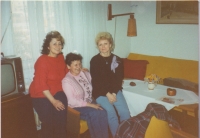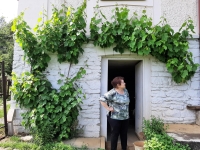The gendarmerie had their office near the church
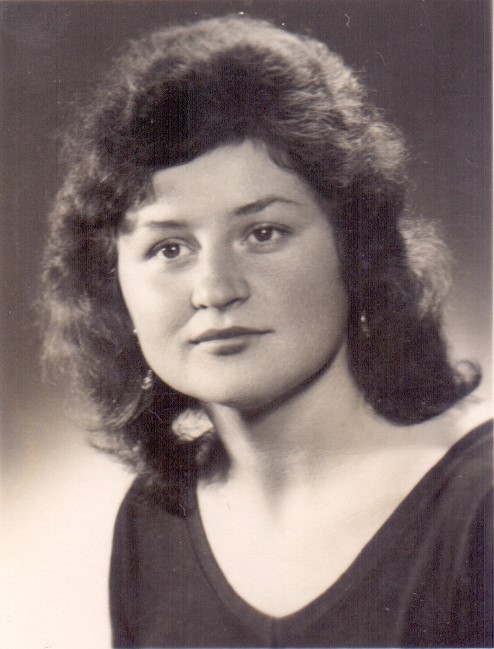
Download image
Anděla Bečicová, née Lysáková, was born on the 1st of October 1943 in Bylnice in the Valašsko area into a deeply religious catholic family. She had ten siblings, four died in their early childhood. The parents farmed on 15 ha of land, which was the reason why they were sorted among the “kulak” families in the year 1957 and the resolution that Anděla would not be able to study at a medical school. She had to remain in agriculture. A year later her parents were forced to join a unitary agricultural co-operative [JZD] by the local communist functionaries. Anděla started studying an apprenticeship in gardening, but after three months she was forced to leave it due to health issues. For a year she worked on the estate Ostružná in the Jesenicko area and later as an eighteen-year-old was allowed to go to a two-year agricultural trade school in Vizovice. Her whole professional life after finishing her studies were spent working as a salary accountant: first on the school estate, later in JZD Vizovice, which was later merged with JZD Agrokombinát Slušovice. She never stopped going to church and also signed her children up for religious lessons in school every year. She was openly religious, although she knew, that her daughters will have a hard time when they will sign up for studies at secondary schools and universities.
